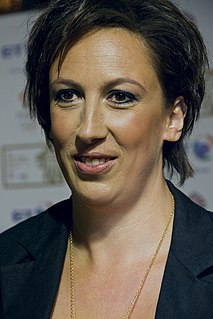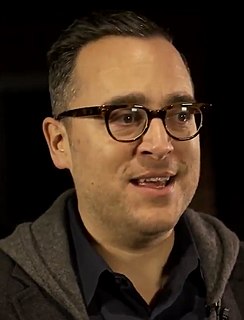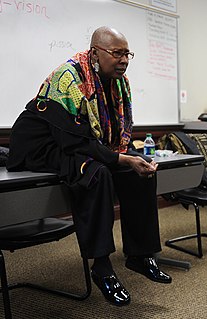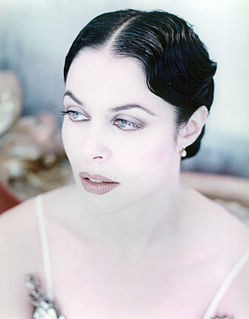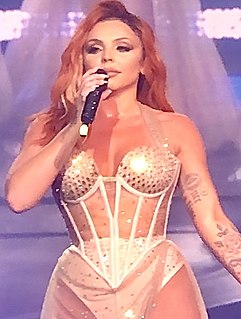A Quote by Judy Blume
With "Margaret," I remember clearly it was, you know because I did remember it clearly. I was young. I was young in terms of experience and what did I know about and I had an incredible memory from my own childhood. And so it never occurred to me to write for any other age group. And I thought I'm going to write a book and I'm going to tell the truth.
Related Quotes
I remember as a young child, during one of my frequent trips to the local library, spending hours looking at book after book trying in vain to find one that had my name on it. Because there were so many books in the library, with so many different names on them, I’d assumed that one of them — somewhere — had to be mine. I didn’t understand at the time that a person’s name appears on a book because he or she wrote it. Now that I’m twenty-six I know better. If I were ever going to find my book one day, I was going to have to write it.
I did not always know I would be a writer. Until I had a room of my own, I did not write much at all - no more than any other child who read a lot of books. I began to write fiction and poetry when I first had a room that was truly my own with a door that shut and some measure, however fragile, of privacy.
I myself, as I'm writing, don't know who did it. The readers and I are on the same ground. When I start to write a story, I don't know the conclusion at all and I don't know what's going to happen next. If there is a murder case as the first thing, I don't know who the killer is. I write the book because I would like to find out. If I know who the killer is, there's no purpose to writing the story.
My grandfather was dying, and told the family he had decided to die. ... At that moment I wanted so badly to write and tell him that he was never going to die, that somehow he would always be present in my life, because he had a theory that death didn't exist, only forgetfulness did. He believed that if you can keep people in your memory, they will live forever. That's what he did with my grandmother.
I did one interview with the Atlantic. It was very interesting; I could write an entire book on that one experience. I've never had any type of public persona outside of the face recognition I have with this job, so I was really ill prepared to have this conversation. I think the real story was that it became a source for a flurry of other derivative stories. I remember the Post headline said "Marcarelli's Bizarre Life," which to me is code for gay, primarily.
When I had finished the book I knew that no matter what Scott did, nor how he behaved, I must know it was like a sickness and be of any help I could to him and try to be a good friend. He had many good, good friends, more than anyone I knew. But I enlisted as one more, whether I could be of any use to him or not. If he could write a book as fine as The Great Gatsby I was sure that he could write an even better one. I did not know Zelda yet, and so I did not know the terrible odds that were against him. But we were to find them out soon enough.
Some people say they use images to help them remember intricacies. Others say they just remember. If they are able to form an image of the face, it is because they remember how it was: it is not that an image guides memory, but that memory produces an image, or the sense of imaging. We have no agreed way to talk clearly about such things.
I remember going to him (Richard England) and saying, “You know, how come you don't give me any parts?” I did Raymonda and a couple of other nice parts, but mostly he was giving a lot of parts to the other girls. He said, “Those girls are short and they're not going to get into ABT, but I think you are going to get into ABT. I think you're going dance later, so I'm not worried about you.”



